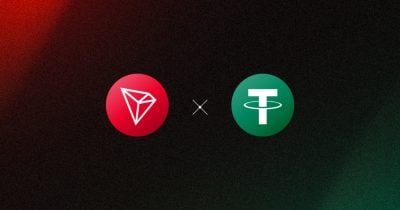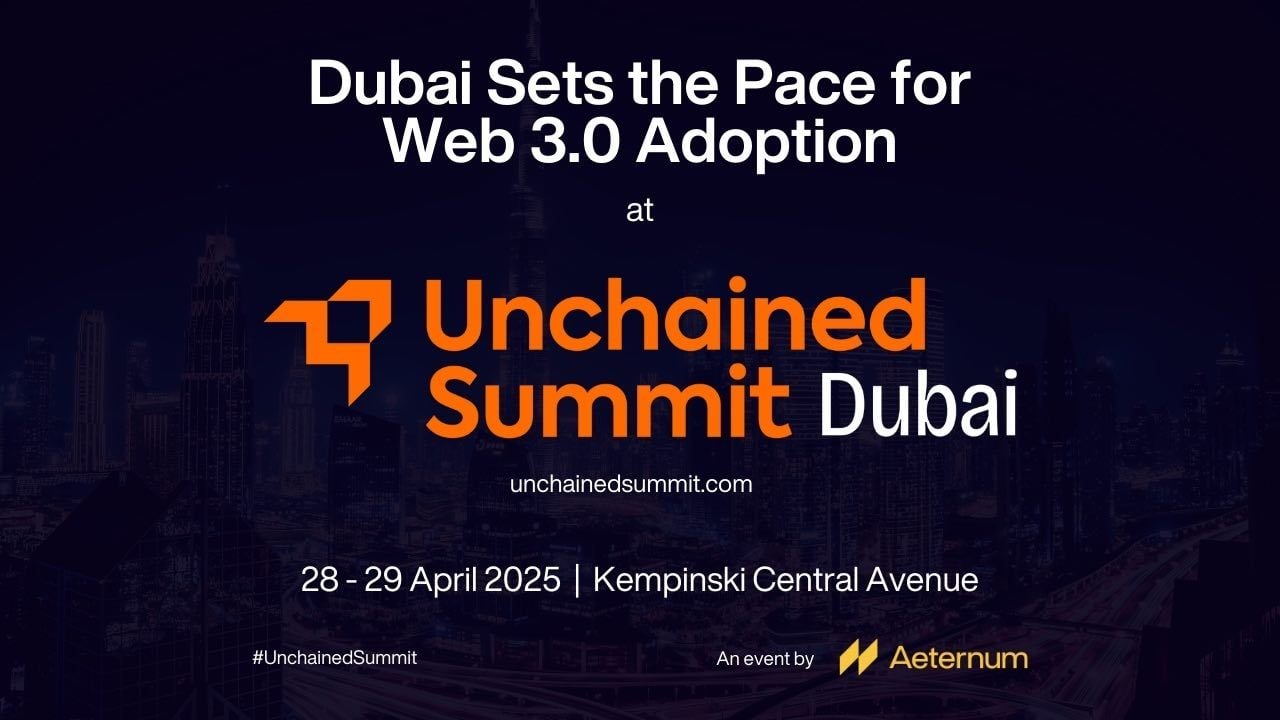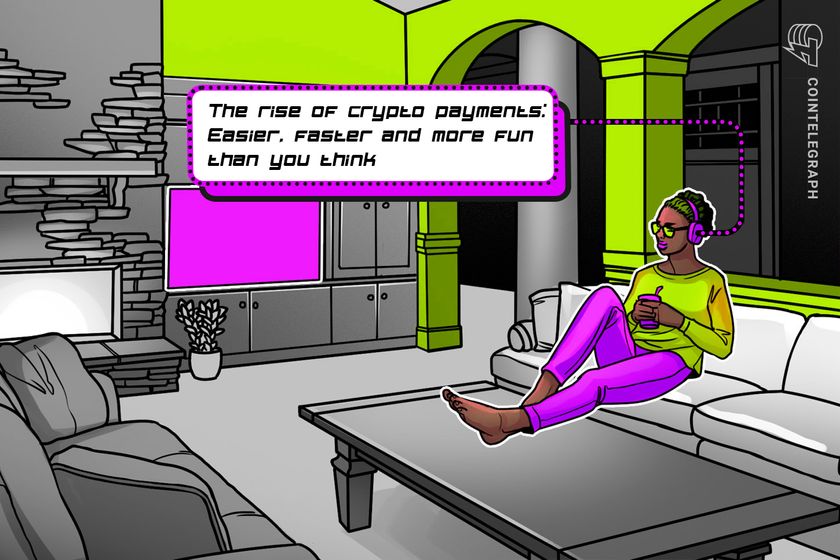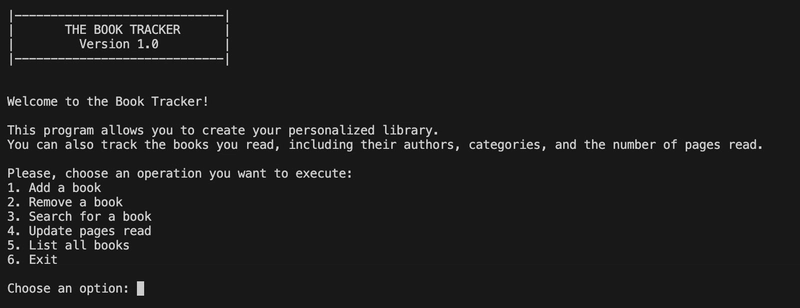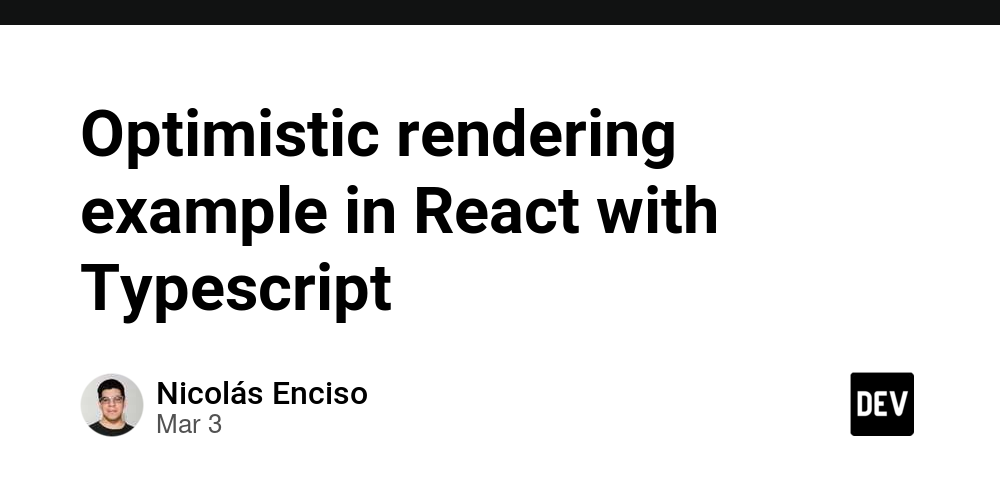Buddhaland: Empowering Indie Hackers to Innovate Sustainably
Abstract In this post, we explore Buddhaland, a vibrant and collaborative community for indie hackers that is revolutionizing the tech landscape. Rather than chasing venture capital, members opt for autonomy, collaboration, and sustainability as they tackle innovative projects. We dive into the history of indie hacking, the core concepts behind Buddhaland, and related success stories. Furthermore, we examine practical applications, discuss challenges, and forecast future trends in open-source innovation and funding. Finally, we link to additional resources and related discussions from authoritative sources to offer a holistic perspective on this unique community. Introduction Indie hacking is rapidly gaining popularity in today’s fast-paced tech industry, where autonomy and innovation are treasured over traditional funding routes. Buddhaland—a community for indie hackers—provides an ecosystem where creators, developers, and entrepreneurs can build impactful projects while retaining control over their creative and professional destinies. Buddhaland champions sustainability and collaboration, qualities that foster a supportive network distinct from a conventional startup culture. In this post, we unravel the story behind Buddhaland, outline its core values and features, and consider how it serves as a beacon for a new era of open-source and indie innovation. Background and Context Over the past decade, indie hacking has emerged as a movement that empowers individuals to create and grow projects independently. Unlike the traditional venture capital (VC) model, indie hackers place a premium on long-term sustainability, creative freedom, and community-driven support. Buddhaland exemplifies this trend by offering: Autonomy in project development without the pressure to scale rapidly for investor returns. Collaboration and peer mentorship to ensure every member has access to guidance and learning resources. Open discussions on challenges, strategies, and success stories—which can be found in articles like Emma's SaaS Journey and The Creative Hub. The evolution of indie hacking sits at the intersection of open-source innovation and community-driven project funding. With the advent of blockchain technology, NFTs, and tokenization, communities such as Buddhaland have moved beyond traditional tech circles to incorporate decentralized funding models and digital collaboration tools. Core Concepts and Features Buddhaland offers a range of features aimed at nurturing indie hackers. In this section, we break down these components: Autonomous Innovation Indie hackers in Buddhaland often choose not to pursue venture capital. Instead, they value the freedom to build projects on their own terms. This approach enables them to explore creative solutions, experiment with cutting-edge technologies, and maintain long-term control of their products. Community Engagement and Collaboration One of Buddhaland’s defining characteristics is its deep-rooted culture of collaboration. Members can: Join conversations on the forums to discuss challenges, share ideas, and learn from each other. Access a wealth of resources such as tutorials, guides, and templates that help streamline the indie hacking journey. Connect with mentors who provide critical guidance and support, fostering a spirit of mutual growth and learning. Success Stories and Real-World Applications Buddhaland is home to many inspiring success stories, which underline the power of community support. Prominent examples include: Emma’s SaaS Journey: A solopreneur who built a thriving task management solution. John’s Creative Hub: Photographers and artists collaborated to create a successful curation platform. Sara’s Educational Innovations: An educational app that changes how kids learn algebra. These stories serve as proof that sustainable, community-based efforts can yield tangible results—without needing the backing of traditional VC funding. Open-Source and Decentralized Funding The spirit of open-source innovation lies at the heart of Buddhaland. By embracing open-source funding models, indie hackers can maintain creative integrity and benefit from decentralized resources. This approach aligns well with modern technological trends such as blockchain, NFTs, and tokenized collaboration. Furthermore, initiatives like Gemesis OSP and Indie Hacking illustrate how open source is paving the way for new funding paradigms. Additional Links From the Ecosystem Buddhaland exists within a broader network of similar initiatives. For more insights, consider reading: Zed Run Indie Hacking Case Studies – Case studies from indie hackers in the gaming space. Indie Hacking with Azuki NFTs – How NFTs are being integrated into indie hacking projects. Moonbirds Indie Hacking Opportunities – Emerging opportunities in the NFT space. Cool Cats Indie Hacking Commun
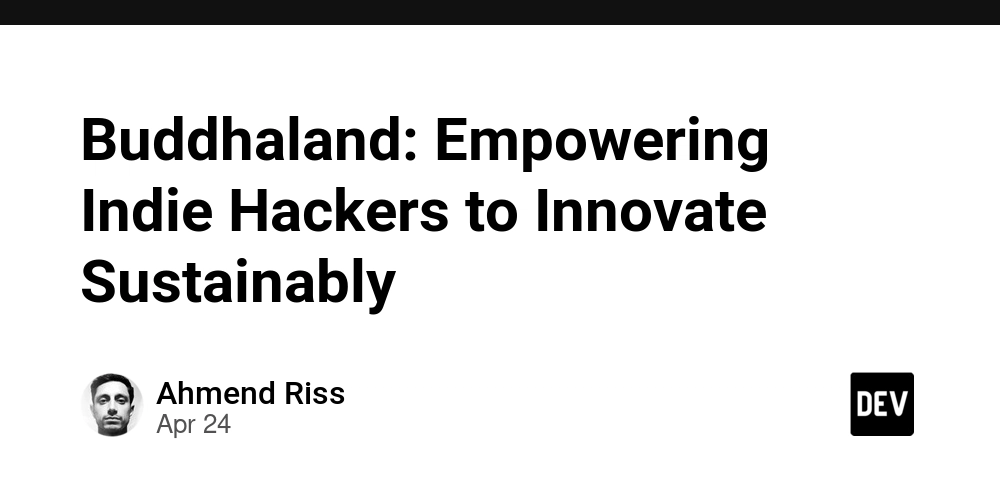
Abstract
In this post, we explore Buddhaland, a vibrant and collaborative community for indie hackers that is revolutionizing the tech landscape. Rather than chasing venture capital, members opt for autonomy, collaboration, and sustainability as they tackle innovative projects. We dive into the history of indie hacking, the core concepts behind Buddhaland, and related success stories. Furthermore, we examine practical applications, discuss challenges, and forecast future trends in open-source innovation and funding. Finally, we link to additional resources and related discussions from authoritative sources to offer a holistic perspective on this unique community.
Introduction
Indie hacking is rapidly gaining popularity in today’s fast-paced tech industry, where autonomy and innovation are treasured over traditional funding routes. Buddhaland—a community for indie hackers—provides an ecosystem where creators, developers, and entrepreneurs can build impactful projects while retaining control over their creative and professional destinies.
Buddhaland champions sustainability and collaboration, qualities that foster a supportive network distinct from a conventional startup culture. In this post, we unravel the story behind Buddhaland, outline its core values and features, and consider how it serves as a beacon for a new era of open-source and indie innovation.
Background and Context
Over the past decade, indie hacking has emerged as a movement that empowers individuals to create and grow projects independently. Unlike the traditional venture capital (VC) model, indie hackers place a premium on long-term sustainability, creative freedom, and community-driven support. Buddhaland exemplifies this trend by offering:
- Autonomy in project development without the pressure to scale rapidly for investor returns.
- Collaboration and peer mentorship to ensure every member has access to guidance and learning resources.
- Open discussions on challenges, strategies, and success stories—which can be found in articles like Emma's SaaS Journey and The Creative Hub.
The evolution of indie hacking sits at the intersection of open-source innovation and community-driven project funding. With the advent of blockchain technology, NFTs, and tokenization, communities such as Buddhaland have moved beyond traditional tech circles to incorporate decentralized funding models and digital collaboration tools.
Core Concepts and Features
Buddhaland offers a range of features aimed at nurturing indie hackers. In this section, we break down these components:
Autonomous Innovation
Indie hackers in Buddhaland often choose not to pursue venture capital. Instead, they value the freedom to build projects on their own terms. This approach enables them to explore creative solutions, experiment with cutting-edge technologies, and maintain long-term control of their products.
Community Engagement and Collaboration
One of Buddhaland’s defining characteristics is its deep-rooted culture of collaboration. Members can:
- Join conversations on the forums to discuss challenges, share ideas, and learn from each other.
- Access a wealth of resources such as tutorials, guides, and templates that help streamline the indie hacking journey.
- Connect with mentors who provide critical guidance and support, fostering a spirit of mutual growth and learning.
Success Stories and Real-World Applications
Buddhaland is home to many inspiring success stories, which underline the power of community support. Prominent examples include:
- Emma’s SaaS Journey: A solopreneur who built a thriving task management solution.
- John’s Creative Hub: Photographers and artists collaborated to create a successful curation platform.
- Sara’s Educational Innovations: An educational app that changes how kids learn algebra.
These stories serve as proof that sustainable, community-based efforts can yield tangible results—without needing the backing of traditional VC funding.
Open-Source and Decentralized Funding
The spirit of open-source innovation lies at the heart of Buddhaland. By embracing open-source funding models, indie hackers can maintain creative integrity and benefit from decentralized resources. This approach aligns well with modern technological trends such as blockchain, NFTs, and tokenized collaboration. Furthermore, initiatives like Gemesis OSP and Indie Hacking illustrate how open source is paving the way for new funding paradigms.
Additional Links From the Ecosystem
Buddhaland exists within a broader network of similar initiatives. For more insights, consider reading:
- Zed Run Indie Hacking Case Studies – Case studies from indie hackers in the gaming space.
- Indie Hacking with Azuki NFTs – How NFTs are being integrated into indie hacking projects.
- Moonbirds Indie Hacking Opportunities – Emerging opportunities in the NFT space.
- Cool Cats Indie Hacking Community – Another example of a creative community supporting independent projects.
In addition, explore community events and networking opportunities via Buddhaland events and discover mentorship programs to further elevate your indie journey.
Applications and Use Cases
Buddhaland’s emphasis on autonomy and collaboration has led to a variety of practical applications. Here are a few case examples:
Real-World Project Applications
Solo SaaS Development:
Emma’s journey demonstrates how a solo entrepreneur can leverage community support to build and scale a Software as a Service (SaaS) platform without external capital. The guidance from mentors and shared resources plays a critical role.Creative Platforms:
John’s success with a curation platform for photographers and artists showcases that creativity thrives when supported by a community. By sharing technical expertise and creative insights, members help ensure projects remain innovative and sustainable.Educational Innovations:
Sara’s app is revolutionizing how algebra is taught. The initiative benefits from open-source contributions and peer feedback, highlighting Buddhaland’s potential to drive social impact.
Table: Comparing Funding Approaches
Below is a comparison table that illustrates key differences between traditional funding models and the indie hacking model embraced by Buddhaland:
| Aspect | Traditional Venture Capital | Indie Hacking (e.g. Buddhaland) |
|---|---|---|
| Funding Source | External investors, institutional funding | Community-driven, independent, crowdfunding |
| Speed of Growth | Rapid scaling with high pressure | Gradual, sustainable growth in line with personal vision |
| Control and Autonomy | Often limited due to investor influence | Complete creative and operational independence |
| Risk Acceptance | High risk for investors | Lower risk for creators, focus on long-term stability |
| Support Structures | Board meetings, investor oversight | Peer mentorship, community events, resource sharing |
Challenges and Limitations
While Buddhaland represents a pioneering model for indie hacking, it is not without challenges. Some key obstacles include:
Limited Immediate Funding:
Unlike traditional VC-backed startups, indie hackers may face funding constraints. The absence of large-scale capital requires a reliance on organic growth and a diversified income model.Technical and Adoption Complexities:
Building robust, scalable projects independently requires a diverse skill set. Indie hackers must balance technical challenges (e.g., implementing decentralized features and ensuring cybersecurity) with the need for market adoption.Community Coordination:
While peer mentoring and open forums are strengths, managing a diverse community can prove challenging. Harmonizing opinions and approaches demands strong organizational leadership and clear communication channels.Scalability and Sustainability:
Many indie projects begin with a strong focus on sustainability. However, maintaining long-term momentum without traditional investment remains an ongoing challenge.
Future Outlook and Innovations
The future of indie hacking and communities like Buddhaland looks promising. Several trends are emerging:
Increased Adoption of Decentralized Finance (DeFi) Tools:
New funding models, including tokenization and blockchain-based revenue streams, are expected to help indie hackers secure financial stability while retaining control over their projects.Enhanced Cross-Chain Interoperability:
As blockchain technology matures, indie projects will likely benefit from improved interoperability, allowing creators to integrate multi-chain functionalities seamlessly. For additional context, see the discussion on Arbitrum and Cross-Chain Bridges.Refined Open-Source Licensing Models:
With ongoing innovations in open-source licensing, new frameworks are being developed that can better balance freedom and protection. To dive deeper, check out this Dev.to post on open-source licensing.Expansion of Community-Driven Funding Platforms:
Indie hackers can look forward to more sophisticated platforms for community sponsorship and funding. Insights on this topic are also shared in this guide to GitHub Sponsors.Integration of Advanced AI and Analytics:
The utilization of AI tools to optimize project development, monitor community sentiment, and automate routine tasks may bring above-par efficiency and foster further innovation across the indie hacking ecosystem.
Additional Resources and Related Discussions
For readers interested in learning more about the evolving landscape of indie hacking and sustainable open-source development, consider exploring the following resources:
- Visit the Buddhaland Community to join discussions and connect with fellow indie hackers.
- Engage in real-time conversations on the forums for peer-to-peer advice and networking.
- Discover more about alternative funding and open-source projects via Gemesis OSP and Indie Hacking.
Additional external perspectives are offered by fellow developers, including insights from a comprehensive guide to thanking GitHub Sponsors and related discussions on open-source monetization strategies.
Summary
Buddhaland exemplifies a growing movement that empowers indie hackers to innovate on their own terms. By prioritizing autonomous project development, community collaboration, and sustainable growth, Buddhaland offers an alternative to traditional VC-driven startup ecosystems. Through success stories such as Emma’s SaaS journey, John’s creative hub, and Sara’s educational innovation, the community demonstrates that independent funding models can yield substantial impact.
While challenges such as limited immediate funding and coordination complexities exist, the future looks bright. With evolving technologies like blockchain, AI integration, and decentralized funding platforms, indie hacking communities are poised for even greater success in the coming years.
In essence, Buddhaland is more than just a community—it is a movement that redefines how innovation and sustainability can coexist in the digital age. For more detailed information on the original concept, please refer to the Buddhaland: A Community for Indie Hackers article.
Embrace the future of indie hacking by staying engaged, leveraging available resources, and contributing to open-source projects. With collaborative support and innovative funding models, indie hackers will continue to lead the way in redefining modern technology.
Keywords: indie hacking, sustainable innovation, community collaboration, open-source funding, blockchain integration, decentralized finance, creative autonomy, Buddhaland, mentorship, startup sustainability.










































































































































































![[The AI Show Episode 144]: ChatGPT’s New Memory, Shopify CEO’s Leaked “AI First” Memo, Google Cloud Next Releases, o3 and o4-mini Coming Soon & Llama 4’s Rocky Launch](https://www.marketingaiinstitute.com/hubfs/ep%20144%20cover.png)

















































































































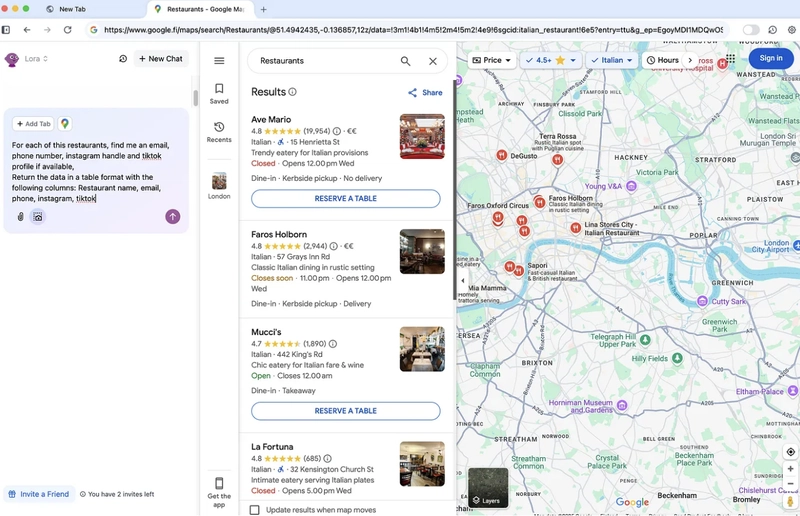











![[DEALS] Sterling Stock Picker: Lifetime Subscription (85% off) & Other Deals Up To 98% Off – Offers End Soon!](https://www.javacodegeeks.com/wp-content/uploads/2012/12/jcg-logo.jpg)






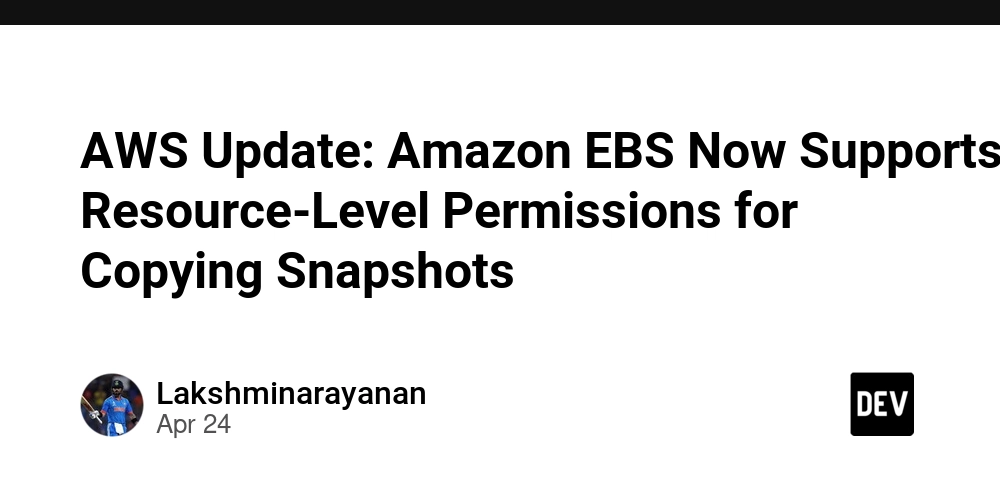


















































































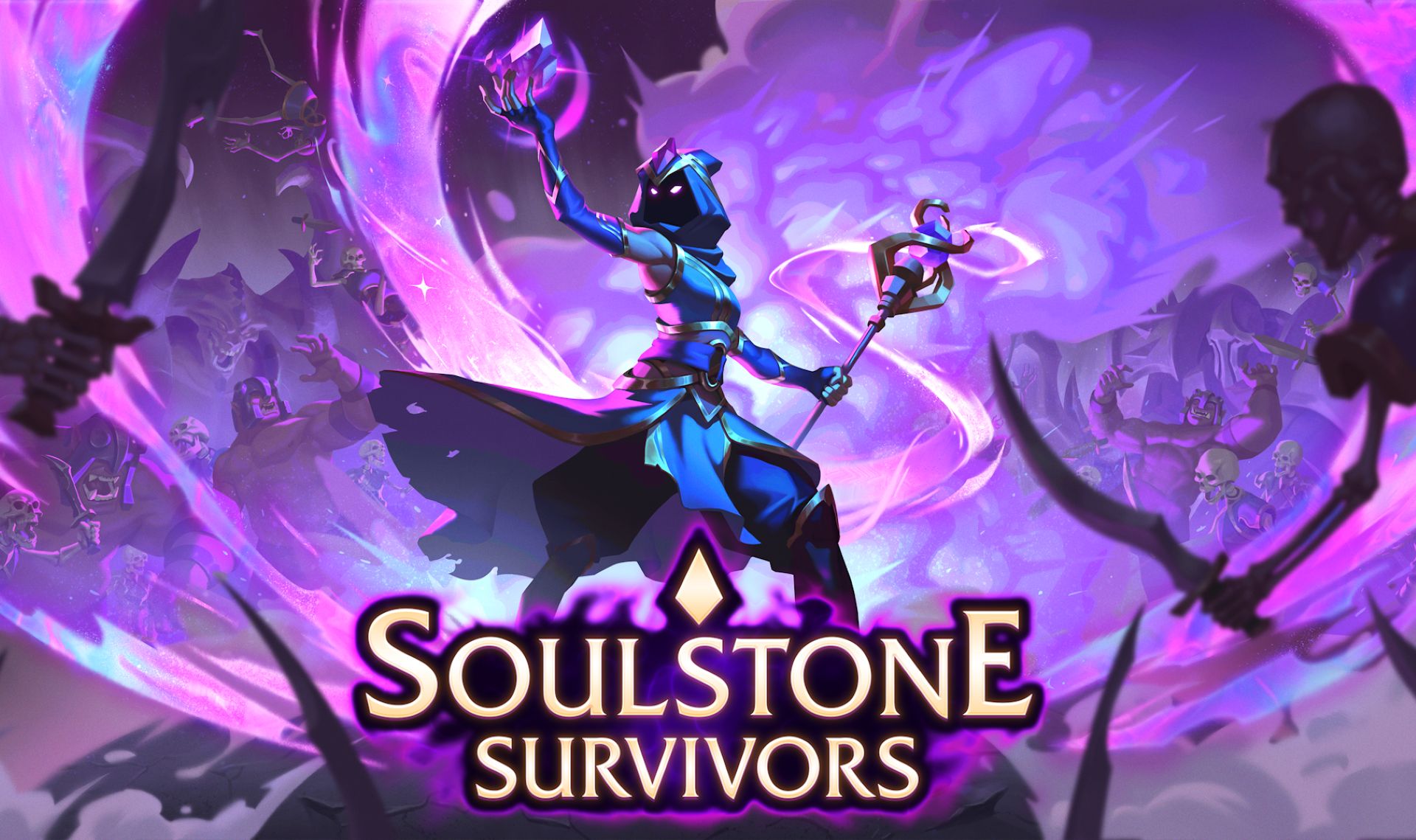























































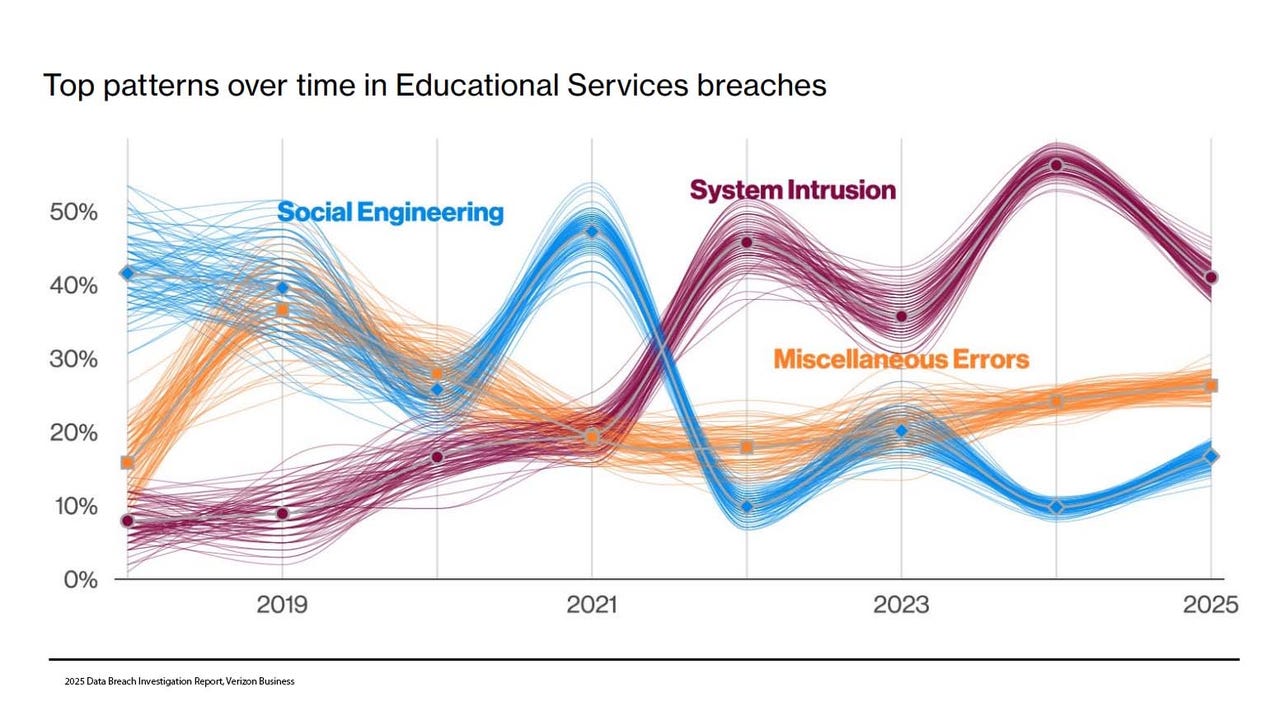
_Olekcii_Mach_Alamy.jpg?width=1280&auto=webp&quality=80&disable=upscale#)

























































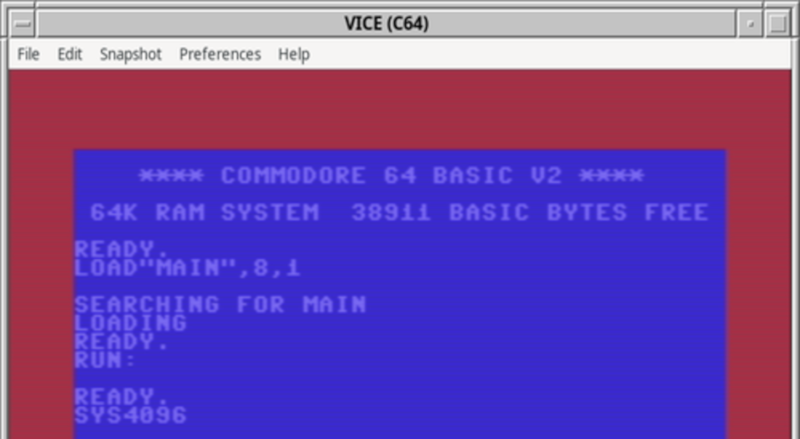























































![M4 MacBook Air Drops to New All-Time Low of $912 [Deal]](https://www.iclarified.com/images/news/97108/97108/97108-640.jpg)
![New iPhone 17 Dummy Models Surface in Black and White [Images]](https://www.iclarified.com/images/news/97106/97106/97106-640.jpg)















































































































